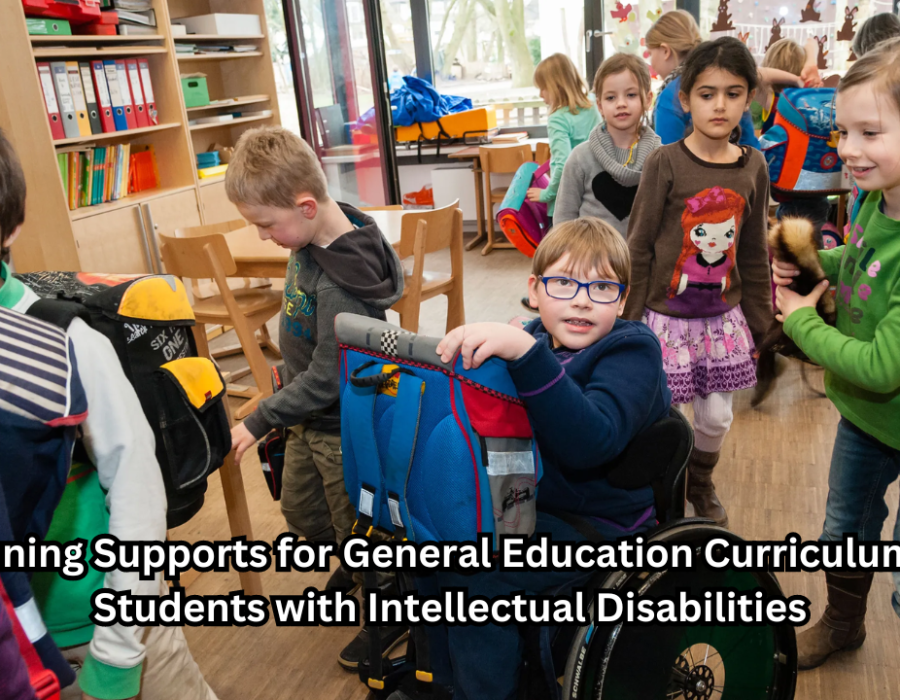Introduction:
In the pursuit of inclusive education, designing planning supports for the General Education Curriculum for Students with Intellectual Disabilities becomes paramount, especially for students with intellectual disabilities. This comprehensive guide explores the significance of planning supports in facilitating access to the GEC for these students, ensuring they receive a tailored and enriching educational experience.
Understanding Intellectual Disabilities:
Intellectual disabilities encompass a range of cognitive challenges that impact learning, reasoning, and adaptive functioning. Students with intellectual disabilities often require additional support and accommodations to access and engage with the GEC effectively. Understanding their unique needs is crucial in developing meaningful planning supports.
Importance of Planning Supports:
Planning supports serve as scaffolds that bridge the gap between the GEC and students with intellectual disabilities. These supports are designed to address individual learning styles, pace, and abilities, ensuring that students can access the curriculum content in a way that is meaningful and comprehensible to them.
Tailoring Supports for Individual Needs:
One size does not fit all when it comes to planning supports for students with intellectual disabilities. Educators must tailor supports based on each student's strengths, challenges, and preferences. This may include visual aids, modified texts, adaptive technologies, differentiated instruction, and personalized learning plans.
Creating Accessible Learning Environments:
Planning supports contribute to creating accessible learning environments where students with intellectual disabilities can thrive. By providing accommodations such as simplified language, visual cues, hands-on activities, and multisensory approaches, educators remove barriers to learning and promote active engagement.
Promoting Inclusion and Belonging:
Effective planning supports promote inclusion and a sense of belonging for students with intellectual disabilities within the general education setting. When students feel supported and valued, they are more likely to participate actively, build confidence, and develop positive attitudes towards learning and social interaction.
Collaboration and Communication:
Collaboration between educators, special education professionals, parents, and caregivers is essential in developing and implementing effective planning supports. Open communication ensures that everyone is aligned in supporting the student's academic, social, and emotional needs within the GEC.
Continuous Assessment and Adjustment:
The effectiveness of planning supports relies on continuous assessment and adjustment based on student progress and feedback. Educators should regularly review and modify supports to ensure they remain relevant, effective, and aligned with the student's evolving needs and goals.
Celebrating Progress and Success:
Tracking student progress and celebrating achievements are integral parts of planning supports. Recognizing growth, mastering new skills, and achieving milestones instill a sense of accomplishment and motivation, driving students with intellectual disabilities towards continued success in the GEC.
Conclusion:
In conclusion, planning supports for the General Education Curriculum are essential tools in ensuring equitable access and meaningful participation for students with intellectual disabilities. By tailoring supports, creating accessible environments, promoting inclusion, fostering collaboration, and celebrating success, educators can empower these students to reach their full potential and thrive in the general education setting. With thoughtful planning and dedicated implementation of supports, the journey towards inclusive education for students with intellectual disabilities becomes a transformative and enriching experience for all stakeholders involved.






Comments